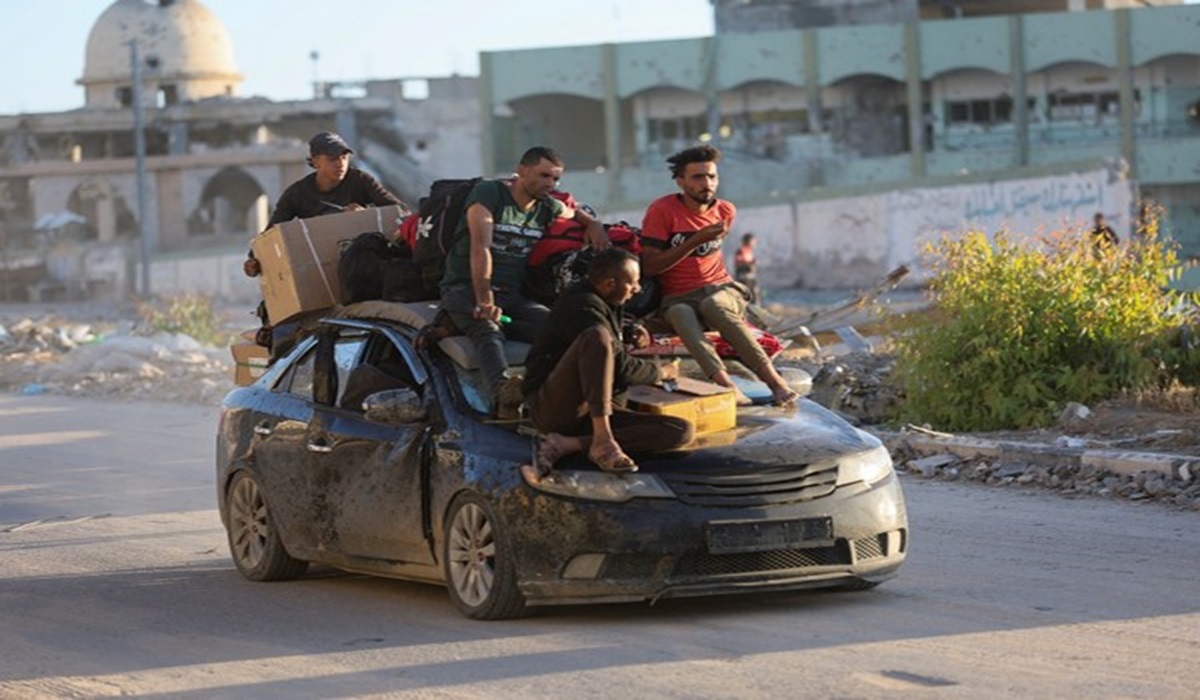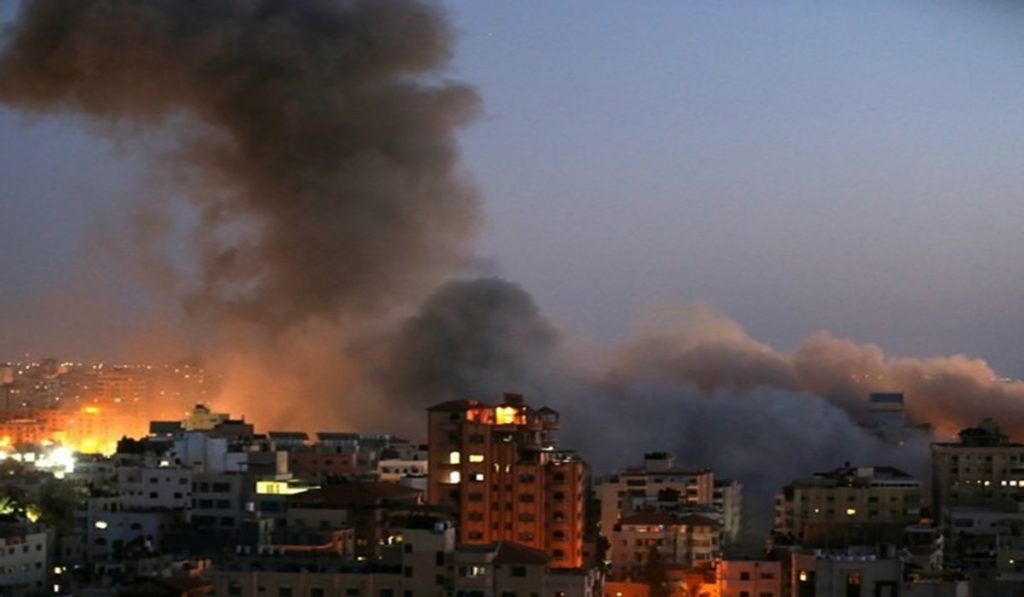
Tel Aviv [Israel]: Israel’s War Cabinet Monday night unanimously voted that Israel will continue the military operation in Rafah in Gaza to “exert military pressure on Hamas in order to promote the release of our hostages and the other goals of the war.”
In response to Hamas’ offer for a hostage deal, the War Cabinet said, “At the same time, although the Hamas proposal is far from Israel’s necessary requirements, Israel will send a delegation of mediators to exhaust the possibility of reaching an agreement under conditions acceptable to Israel.”
Reports were made Monday night that the Hamas terrorist organization announced that it had agreed to a deal for the release of Israeli hostages held in Gaza for the past seven months. However, no confirmation has been made, nor any details revealed, as to what exactly Hamas has agreed to.

Israel-Hamas war: Multiple explosions reported in Rafah area of southern Gaza
Multiple explosions were reported in the Rafah area of southern Gaza on Monday night, according to CNN. This comes hours after Israel said that Hamas’ ceasefire proposal is far from meeting its core demands.
As per the report, several local social media accounts reported that the explosions were heard to the east of Rafah, an area where the Israel Defence Forces had called for an evacuation of civilians earlier Monday.
US sources told CNN that while they are keeping a careful eye on the explosion reports and are “very concerned” about the current situation, they do not think that this marks the start of a significant Israeli military action in southern Gaza.
As stated repeatedly to reporters earlier on Monday afternoon by White House spokesperson John Kirby, the Biden administration is still against Israel entering Rafah.
Israel’s military on May 6 had issued an urgent evacuation notice to residents of eastern Rafah, following a warning from the country’s defence minister of impending “intense action” in the area.
Humanitarian agencies have cautioned against a full-scale ground invasion of Rafah, warning of heightened suffering and casualties among the 1.2 million displaced Palestinians in and around the city. Northern Gaza is already grappling with a severe famine, exacerbated by months of conflict, as highlighted by the World Food Programme.
Moreover, previous evacuation orders have also drawn criticism from international bodies and humanitarian organisations, emphasising the absence of safe havens amid ongoing conflict, CNN reported.
Meanwhile, the United States has said that it cannot support an operation in Rafah the way it is envisioned as of now. “We’ve made quite clear our position on Rafah for some time, which is that we cannot support an operation in Rafah as it is currently envisioned. We have made clear – the Secretary made this clear in his conversations with Prime Minister Netanyahu and other members of the Israeli Government last week – that we have not seen a humanitarian plan that is credible and that is implementable,” State Department spokesperson Matthew Miller said in a press briefing on Monday (local time).
Clarifying US’ stance on Israel’s ground offensive in Rafah, Miller said that it would not only increase the suffering of Palestinians, but also disrupt aid delivery.
“We believe a military operation in Rafah right now would dramatically increase the suffering of the Palestinian people, would lead to an increase in the loss of civilian life, and would dramatically disrupt the delivery of humanitarian assistance, all of which is coming through – I shouldn’t say “all,” but the great majority of which is coming through Kerem Shalom or Rafah and is being distributed inside the Rafah area,” the State Department spokesperson said.
Israel has been under pressure from the international community to refrain from launching a ground operation in Rafah, which has for weeks been under Israeli aerial bombardment. The city is the last major refuge for Palestinians fleeing the north and centre of Gaza.
